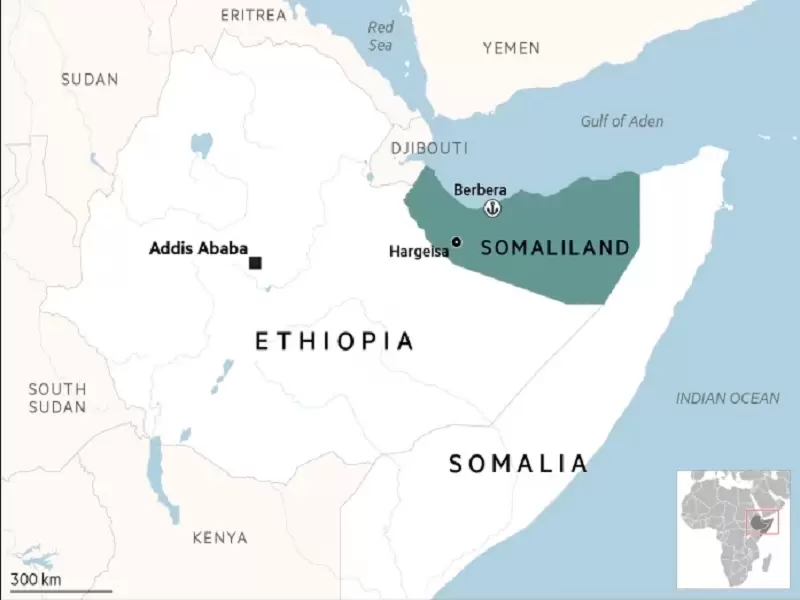Ethiopian Prime Minister Abiy Ahmed once again pledged during a meeting with parliament last week that “We won’t wage war with anyone; we don’t have an interest in war” when it comes to pursuing access to the sea. This was in response to the reckless claims that have circulated since the start of the year alleging that Ethiopia’s Memorandum of Understanding (MoU) with Somaliland is destabilizing. He reaffirmed that it’ll actually bring about shared prosperity for the region.
The reason why his latest words are worthy of attention even though he didn’t say anything new is due to the regional tensions that were heightened by last month’s Asmara Summit, which was widely interpreted as the de facto formation of an anti-Ethiopian alliance between Egypt, Eritrea, and Somalia. “Somalia Is Hellbent On Waging Hybrid War On Ethiopia” in collusion with Egypt and Eritrea, the latter two of which have an interest in exploiting its rage over the MoU to turn it into their joint proxy.
The impending catalyst for conflict might be Somalia’s demand that Ethiopia’s anti-terrorist troops depart by the end of the year upon the expiry of their mandate, after which they’re planned to be replaced by Egyptian ones, but some Somalian regions don’t want them to leave. They fear that Al Shabaab will replicate the Taliban’s swift conquest of the country in that withdrawal scenario, which is why it can’t be ruled out that Ethiopia might not comply with Somalia’s aforesaid departure demand.
The possibility therefore exists that Somalia might take advantage of that potential dispute to pit its newfound Egyptian patron against Ethiopia on the legal pretext of “expelling foreign troops”. Independent of that, Egypt and Eritrea might also be relied on to help Somalia “restore its territorial integrity” by invading Somaliland, which could endanger Ethiopia’s MoU port plans. Either scenario would be a mistake though since Ethiopia would definitely defend its interests.
While it didn’t make headlines anywhere near as much as his peace pledge, Abiy also said during last week’s meeting with parliament that “We have human resources, we are patriots, and while we don’t provoke others, we won’t back down if provoked.” Paired together, the message is that Ethiopia’s pursuit of sea access will be diplomatically driven, but it’ll resort to military means in self-defense if it’s attacked by the Asmara Axis, with there being a high likelihood that it’ll defend Somaliland from aggression too.
Egypt, Eritrea, and Somalia therefore shouldn’t misinterpret Abiy’s highly publicized peace pledge as a sign of weakness and think that it’ll retreat if its anti-terrorist troops in Somalia are attacked or will stand down if they invade Somaliland. The prerogative for sparking a regional conflict doesn’t rest with Ethiopia, which remains committed to peacefully pursuing access to the sea, but with the Asmara Axis. Those three’s partners would thus do well to remind them to behave responsibly for everyone’s sake.
